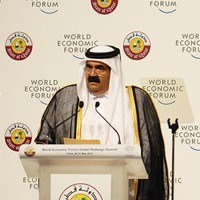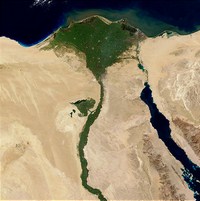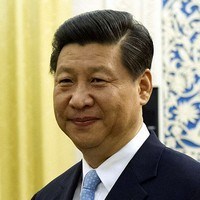
Reports are spreading and speculation is rising that Qatar is nearing a major leadership transition, with the crown prince expected to become prime minister in the next few weeks before replacing his father as emir. Both Qatari Prime Minister Sheikh Hamad bin Jassim Al Thani and Qatari Emir Sheikh Hamad bin Khalifa are expected to step down and cede power to Crown Prince Sheikh Tamim bin Hamad bin Khalifa Al Thani. Michael Stephens, a researcher at the Royal United Services Institute for Defense and Security Studies, said the question is not whether the transition will happen but when and how […]















